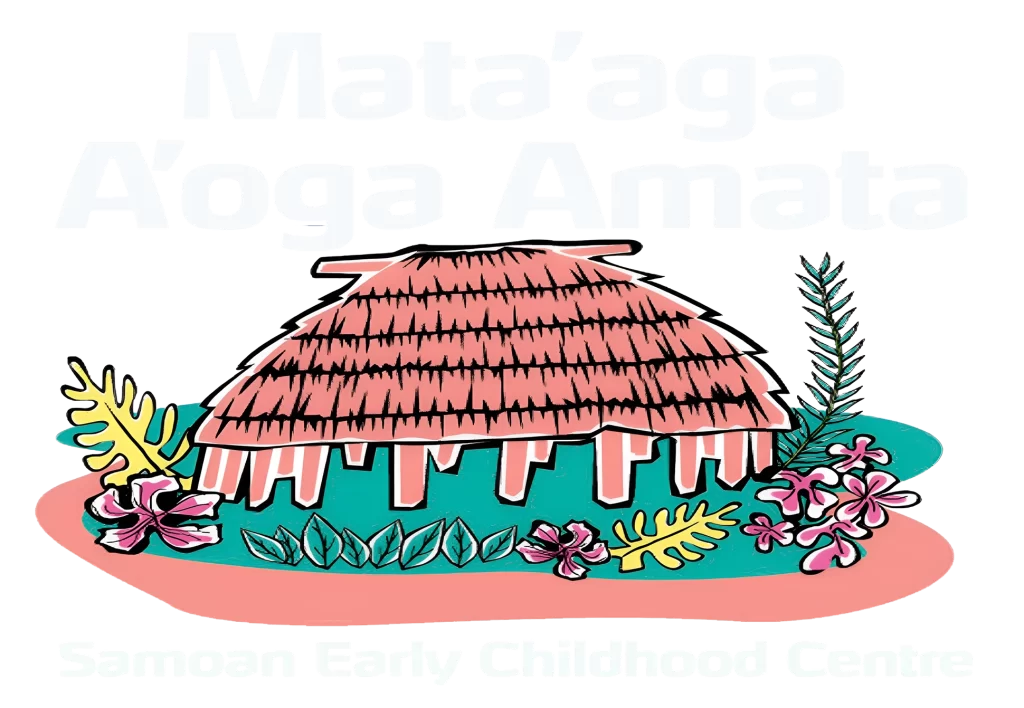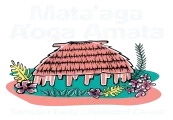Philosophy
Learning through Language and Faith
Whole-Child Growth, Rooted in Values
The aim of MATA’AGA AOGA AMATA is to support the children’s acquisition of Samoan language and culture in a Christian environment. We are committed to providing a quality early childhood educational program.
We endeavour at all times to provide a stimulating, varied program that caters for all age groups:
- Encourage children to have fun, explore, and learn.
- Allow the children to develop their own self-awareness and individuality.
As staff, we are committed to the Early Childhood Curriculum “Te Whāriki,” and will work to fulfil these aims and objectives in our centre. We are also guided by the Pasifika success compass which is in the Pasifika Education Plan (PEP) printed in the “Tapasā”. We strive to work in partnership with parents, caregivers, and families to support the multicultural community, at all times. At all times our children’s well-being is our first priority, endeavouring to make their stay pleasurable so they will want to return again.
Positive Guidance Policy
The Mataaga Aoga Amata is committed to providing an environment where children and their families feel comfortable and welcomed.
Objective:To promote a positive climate for children’s learning and development.
Practice:Educators will ensure the following:
- Use praise and encouragement to promote and model appropriate behaviour.
- Implement clear, consistent expectations for behaviour of adults and children.
- Provide a sufficient range and quantity of resources and equipment for individual choice.
- Demonstrate respect, dignity, and trust of children regardless of gender, ethnicity, or beliefs.
- Allow children time and space to learn at their own pace.
- Encourage children to communicate their thoughts and feelings.
- Develop a safe, stimulating, and challenging environment for children to access.
- Discourage inappropriate behaviour by:
- Guiding children on what behaviour is acceptable and the consequences of unacceptable behaviour.
- Redirecting children to a different area if necessary.
- Ignoring – natural consequences often provide opportunities for learning (within safe limits).
- Supporting the child to sit and watch and discuss examples of appropriate behaviour then giving them the choice of re-joining the group.
- Encourage informal and formal discussion with families to share and discuss any relevant information about the child.
- Use observations and parental input to develop a consensual individual behaviour management plan.
- Seek specialist help with parental permission.

